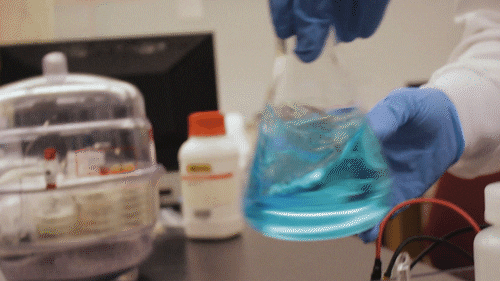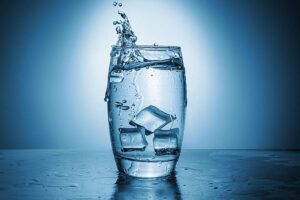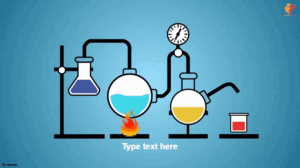SOLUTIONS

Solutions are an essential component of chemistry and play an important role in many chemical reactions and processes. In this essay, we will look at the concept of solutions in chemistry, such as what they are, how they are generated, and the various sorts of solutions.
In chemistry, what is a solution?
A solution is a homogenous mixture of two or more compounds in chemistry. The component present in the greatest proportion is referred to as the solvent, while the other chemicals are referred to as solutes. The solute dissolves in the solvent, resulting in a homogeneous mixture in composition and characteristics.
How are solutions formed?
By dissolving a solute in a solvent, solutions can be created. Solutes can be solids, liquids, or gases, while solvents can likewise be solids, liquids, or gases. Dissolution is the process of dissolving a solute in a solvent. Solute particles are separated from one another and surrounded by solvent particles during dissolution. The energy produced by solvent-solute interactions is more than the energy required to break the solute-solute and solvent-solvent connections, resulting in solution formation.
Types of Solutions
When a solute dissolves in a solid solvent, solid solutions form. The end result is a robust solution. An alloy is a solid solution in which one metal is dissolved in another metal.
Liquid Solutions
When a solute dissolves in a liquid solvent, liquid solutions form. The resulting solution is a liquid. A liquid solution is saltwater, which is salt dissolved in water.
Gasoline Alternatives
When a solute dissolves in a gas solvent, gas solutions form. The end outcome is a gas solution. A gas solution is air, which contains dissolved gases such as nitrogen, oxygen, and carbon dioxide.
Aqueous Substances
Aqueous solutions are those in which the solvent is water. Aqueous solutions are important in chemistry because numerous chemical reactions take place in them. Saltwater, acid solutions, and base solutions are all examples of aqueous solutions.



